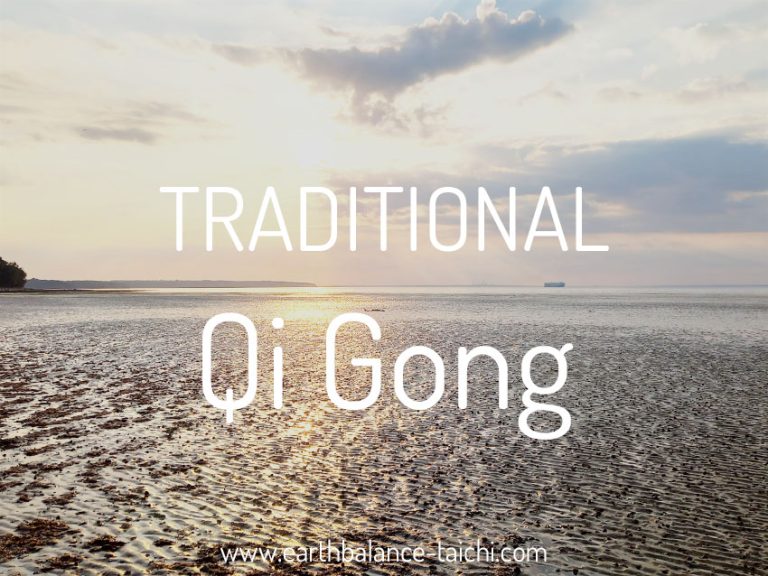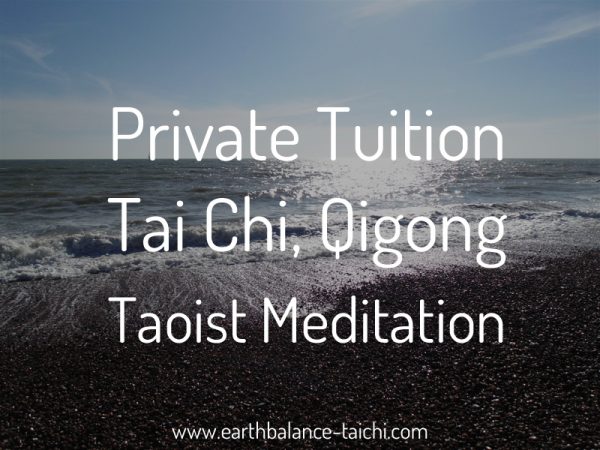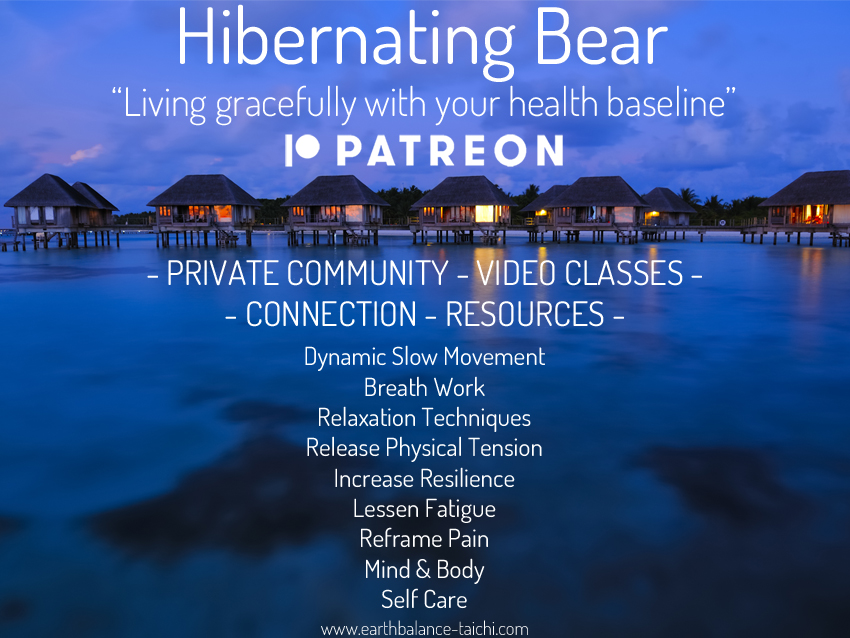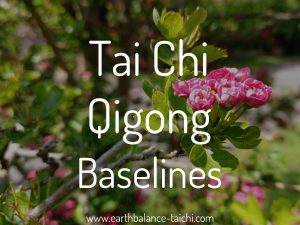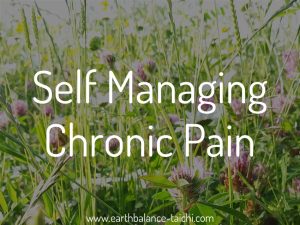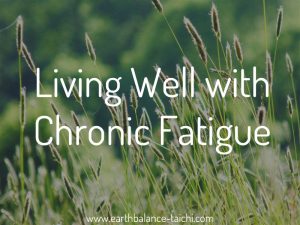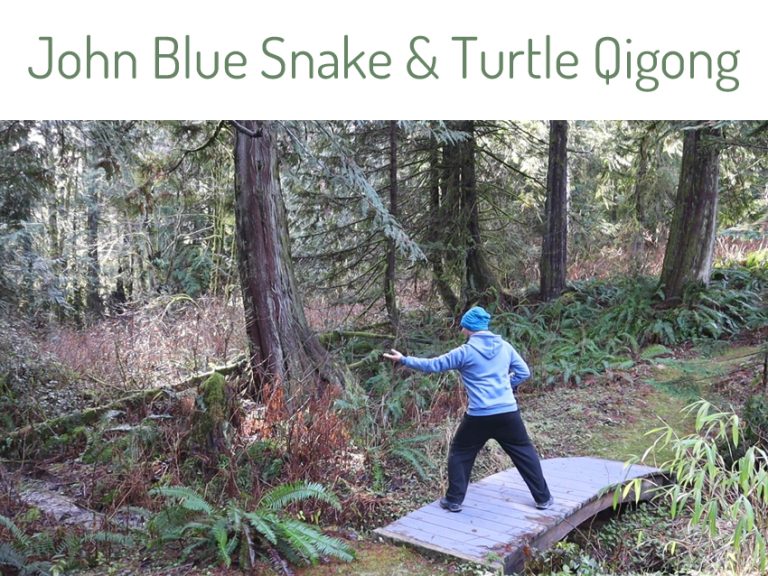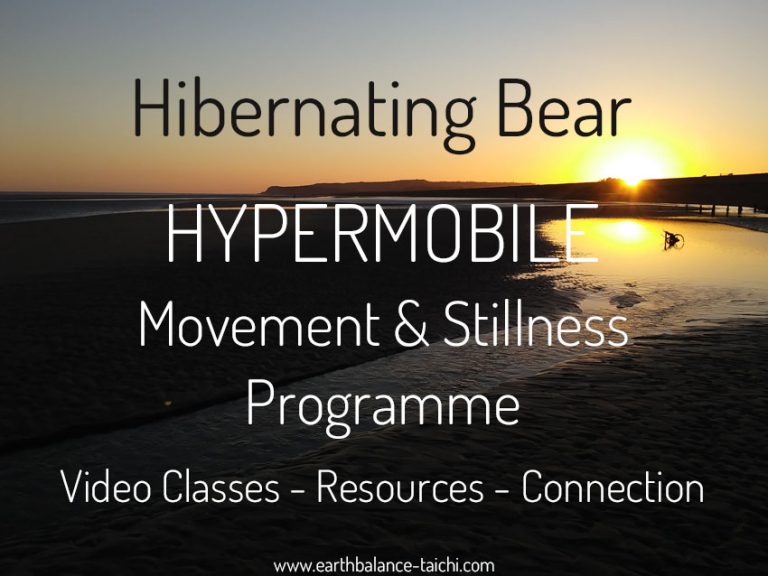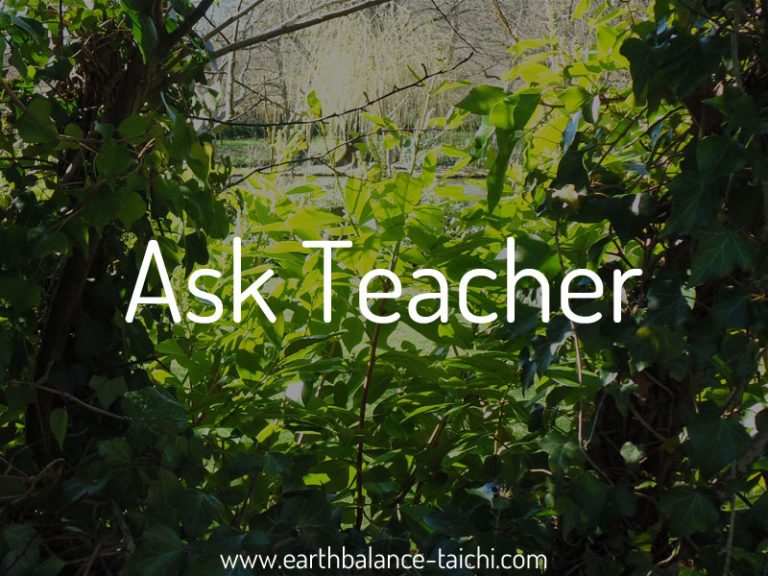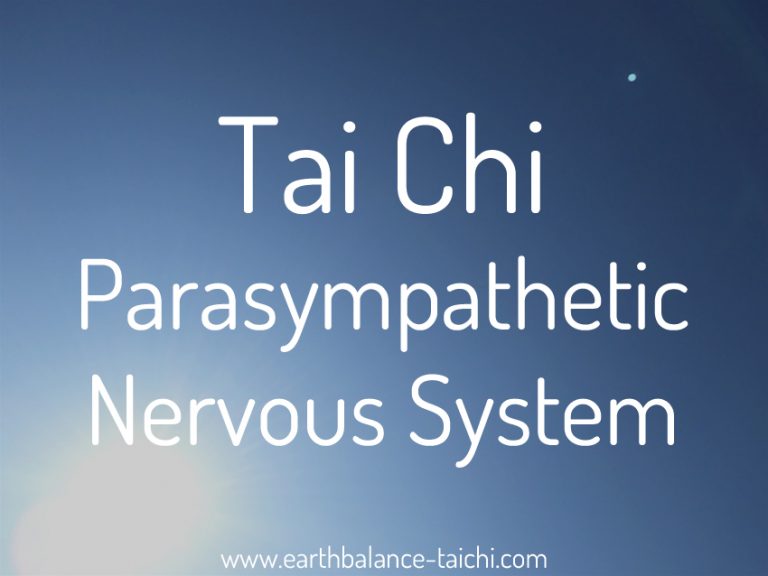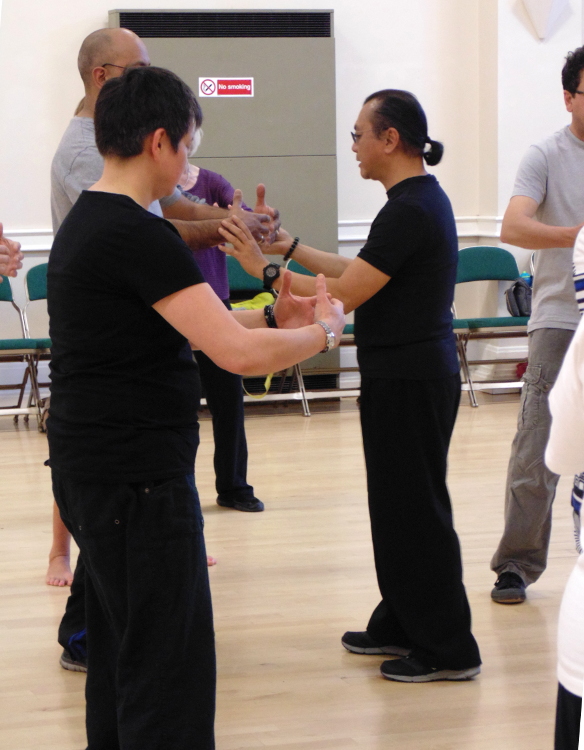Travel with Hope
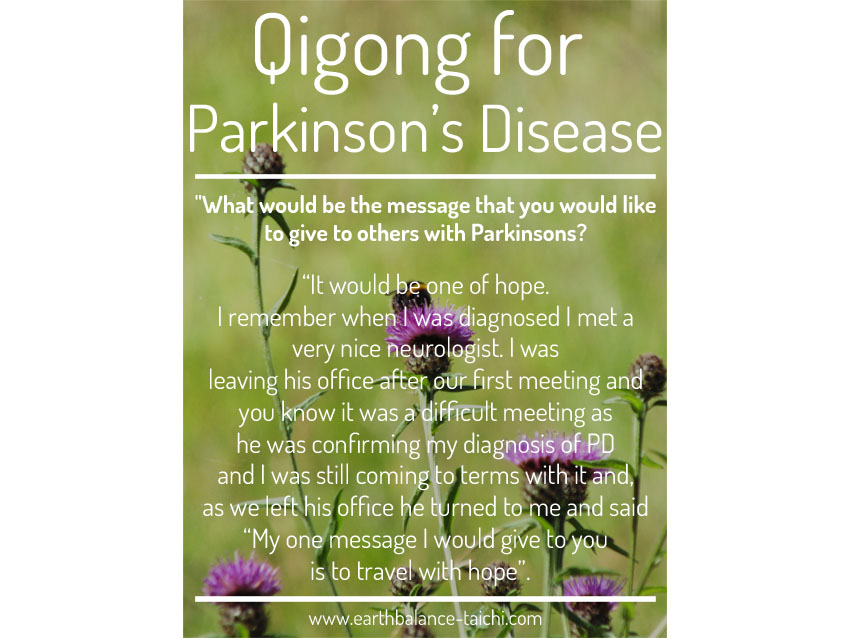
Travel with Hope
Meet ‘John Doe’ and read his story of learning to live with Parkinson's Disease (PD), and his experience practising Qigong to help support the symptoms of PD. This interview "Travel with Hope" is dated April 11, 2014 is an update to a previous interview on March 15, 2013. John studied Qigong over a three year duration as private tuition in his home.
What is your diagnosis?
I’ve got Parkinson’s disease, I was diagnosed in November 2009, so I have been living with this condition for about 4.5 years. I do not have any other conditions, other than Parkinson’s and I believe I am actually in pretty good health.
Can you describe yourself before Parkinsons began to affect you?
I used to lead a typically high stressed life. I was a senior manager in a large company, I travelled a lot and had a fair amount of responsibility. I wasn’t very health conscious and probably didn’t lead a very healthy lifestyle. I was quite stressed out, didn’t eat particularly well, didn’t exercise enough, was probably a bit over weight and sometimes drank too much.
Interestingly, I used to go to annual medical examinations and after I was diagnosed I went to see the Doctor for my annual exam and he said to me, because of the things I was doing in terms of diet, exercise etc. that other than the PD I was actually in better health than before I was diagnosed.
What process did you go through to develop a strategy for self-management?
It’s interesting, when I was diagnosed I was fortunate in that I had a lot of good support from people in my family, particularly my sister-in-law as she had struggled with a chronic condition and had done a lot of research into potential solutions. She tapped into my desire to do as much as possible to manage this condition and live as well as possible and provided me with a lot of guidance.
Within a couple of months I also met a lady locally who provided a series of medical alternative treatments and she gave me a lot of guidance and support. The other thing was that I became aware of a group in the US called the Parkinsons Recovery Group which again looks at alternative ways of dealing with PD.
The other thing I would mention to those newly diagnosed with PD is that I read a book (“I have Parkinson’s but Parkinson’s does not have me”) by a Swedish man, Leif Ogard. He has had Parkinson’s for over 20 years and the book provides sound advice on how to deal with the condition. Essentially, his message is that you have to take responsibility for managing your condition and to enjoy each day as much as possible. So I would say to summarise the key influences were my sister in law, the local alternative health practitioner, the US Parkinsons Recovery Group and Leif Ogard.
Is your approach totally alternative?
I think with PD, and there are some people that say you can deal with it without medication, the reality for most people is that you do need to combine Western Medicine with some alternative treatments. I have found that Western medicine helps me a lot, but the alternative treatments seem to greatly strengthen the effectiveness of the Western medicines.
What approach have you taken with the condition that you have found to be helpful?
I think the elements that I have found important are exercise, movement, which is where the Qigong does come in, and relaxation. This is an area which I am still studying and I think the Qigong is a key part of it. I think there are other techniques that have worked for other people, that I am also learning like visualisation and affirmation. The power of the mind is critical and I think if you can blend a series of techniques like diet, exercise, Qigong, using techniques that strengthen the mind and body, then you’ve got a good general strategy for dealing with any condition.
Looking back when I was diagnosed, rightly or wrongly I avoided reading the sort of dire kind of descriptions of what PD could be. I actively sought out people who had positive attitudes towards PD.
I would also be careful about getting involved with internet forums where people do tend to focus on the negative. Again that is where the Parkinsons Recovery Group is of benefit as they take an attitude that this can be dealt with and people can get substantial relief from PD. And I continue to try to visualise a present and a future that is mostly leading as normal life as possible. I guess to reinforce the message that keeping a positive mental attitude is difficult to do, yet if one can visualise the most positive outcome, then that is very helpful.
What was your initial reaction to the Qi Gong training?
I was fortunate in that my sister-in-law had warned me that the progress would be slow at the start and that it would seem like there wasn’t much movement or that it wasn’t very strenuous. I was fortunate in that I have a very good Qi Gong teacher and I think she managed my expectations very well and made it clear how it would progress. So I guess my initial reaction was typical of many people and that was it seemed like slow going but I knew from my sister in law’s experience and from accounts I had read of other people with PD, that they had found great benefit with Qigong over time.
How long have you been doing Qi Gong now?
Almost 2 years, since around June 2012.
How do you incorporate it in to your daily life?
I am adjusting my daily life because I have recently stopped working full-time. Previously, I used to come home from work and do a series of exercises including Qigong. I am still doing that and what I am finding now, is that I am able to adjust my timetable and I am trying to do some Qigong early and later in the day. So I use it as a way of exercising and keeping movement and balance, and also for relaxing.
If you have felt any benefits, can you describe what these are for you?
The benefits, it’s interesting as my teacher warned me that the benefits would come slowly. And it’s been a case of slow progress but actually that progress becomes well ingrained. Whereas I think the message my teacher had given to me was if you crammed it all in a speedy progress you wouldn’t get as long-lasting benefits. I have found that my movement has improved, there are movements especially with my left, weak side that I thought I had lost forever that I have regained. For example, I use to find it difficult to move my left foot from side to side. I can do that more easily now. So I’ve found that I’ve regained movement and I think I’ve found a way of communicating from my brain to my body in a way that works more effectively.
I had very serious problems with my balance and I have found that Qigong has helped me a lot with that. The exercises and the improved posture from Qigong have resulted in significant improvements – and the problems with balance are widely viewed by the medical profession as not being very susceptible to improvement by Western medicine. As you can imagine, this has made a huge difference to the quality of my life.
I think it’s also helped me relax, as I was having a lot of shoulder pain at the outset and because of the Qigong exercises I’ve regained more movement and better posture with my shoulders and I have shoulder pain much less frequently. I’m also starting to find that improvements in sitting position which was previously very uncomfortable at times. And I’m finding I can go out and enjoy a social life now, as I am finding it easier to sit in a restaurant or in a pub for a longer period of time.
The Qigong has been very helpful in terms of restoring movement and activities that I had thought I had lost. In summary, the main benefits are that it has helped me improve my balance, reducing pain in my shoulders and helping me with my social life as I can sit more comfortably for a longer period of time. My legs are definitely much stronger. At the outset of this process, I don’t think I could have gotten out of this chair without using my arms and shoulders. Now I can literally leap out of the chair at times.
Thinking back to your description of how you were when you developed your strategy, can you describe yourself as you are today?
I think generally I’m doing ok with the condition. I feel optimistic that I have the support and tools to deal with the condition effectively. I realise that I still have a lot to learn and do and I think there is so much more that I can do to improve. I think that as I become more practiced in Qigong and do more of it, that the benefits I have reaped from it will continue to come to me. I think I always need to remain alert to new possible solutions. I’m also trying to find a balance between being very tuned into opportunity for improving my condition without letting the condition dominate my life completely. So I am looking at ways I can have a normal happy life. Very importantly I want to get back into playing golf.
Talking about self-management, and support from my family. I’m blessed in that I have a fantastic wife and daughter and they’ve given me every encouragement. My wife from the outset has done so much for me and has been hugely encouraging at moments when I feel a little bit low with the condition, which is inevitable. I’ve been absolutely blessed not only with family support, but also I think people like my Qigong teacher and the alternative health practitioner have been enormously supportive, and I’ve also been fortunate that I’ve also had two excellent, very supportive neurologists.
I think somebody said to me once that if you try to be positive you send a positive message, you emanate positivity and people will gravitate towards that. And I think if one stays positive it helps you internally but also it will draw people to you and they can provide knowledge and support and encouragement. So my advice would be to try and stay as positive as possible, and to interact as much as possible with people who can provide love and support but also knowledge and experience. Also, it is extremely important to keep reminding yourself that a lot of research and good work in developing better solutions for PD are happening now. Many people are optimistic that better solutions to treating PD will be found in the next few years, but don’t let that optimistic thought stop you from doing all the things you can, like eating well, exercising ,Qigong and meditating. I think finding a way to manage stress is critical – I stopped working last year and my family and friends have noticed a big improvement, almost certainly attributable to reduced stress
So , finding a mechanism for dealing with stress is a key factor in dealing with any serious condition. That is where Qigong can be very beneficial.
What would be the message that you would like to give to others with Parkinsons?
It would be one of hope. I remember when I was diagnosed I met a very nice neurologist who is an outstanding person as well as an outstanding doctor. I was leaving his office after our first meeting and you know it was a difficult meeting as he was confirming my diagnosis of PD and I was still coming to terms with it and, as we left his office he turned to me and said “My one message I would give to you is to travel with hope”. And that would be a key message I would give to anybody who has been recently diagnosed with PD. There are improvements in Western Medicine that will make a dramatic difference, but there are other things you can do that can make a profound difference to how the condition affects you on a day-to-day basis. It’s not the end of the world and you can have a very good quality of life.
Leif Ogard makes a very profound point in his book, which is that there are two possible routes that you can go, with any medical condition. And they are ‘please help me’, which is relatively speaking initially the easy road as you just ask for help and become a passive recipient of help. Or else the alternative although the more difficult road initially is ‘I’ll help myself’, where you take a very active role in trying to find ways of improving your condition and your lifestyle. I would strongly recommend reading his book” I have Parkinson’s but Parkinson’s does not have me” which is available on his website. I also recommend “The healing code” by Dermot O’Connor, which is available on Amazon.
The other message I would give as well is that I think there is one important principle which is that as human beings deal with very challenging conditions and circumstances, they gain the strength to deal with those conditions. I found that I actually had more inner resilience to deal with these challenges than I thought I had previously. My key messages would be;
- Travel with hope
- Take the difficult road
- Take responsibility for your condition
- Realise that you will receive the inner strength that you need to deal with your condition
Travel with Hope / From Instructor Nicola
John Doe and his wife came to me in June 2012 wanting to try Qigong as part of their integrated approach to managing PD. At the very beginning I explained that I had no idea how far we could go with Qigong or just how effective it would be for him as an individual. I explained the research that had been done, and my experience of working with other students with serious medical conditions and the many physical and mental health benefits they received.
Even in the beginning John and I had the same approach, to take responsibility for your own health and wellbeing. Without his commitment, diligence and patience his Qigong practice would have become just another exercise class he did for one hour a week, instead of a lifestyle choice and commitment to training his mind and body to function in unity. Out of my whole school, of which I teach around 150 students a week, John is in the top 1% of students who put effort into training, developing and progressing every day. And considering he has PD, he is quite unlike most people.
In the short amount of time he has been training Qigong, his posture has dramatically improved, his balance is becoming much more solid, his walking/gait has improved, his motor control is getting stronger with each week, his body is starting to relax and release muscular tension and his stumbles are less frequent. He is using his left side much more, and autonomously without realising. Often in our lessons, he won’t notice a new freedom of movement, when I highlight it we’ll have a celebration on his improvement. He has much more confidence in his movement and he has increased his leg strength and hip flexibility. To reach all of this in 8 months is fantastic. John has incredible work ethic and applies this to his Qigong practice, I will be thrilled to see him progress more and more over the months and years.
Updated July 2014, John remains a students with a true gong fu spirit, putting applied effort over time into his qigong training. His stooped neck posture has dramatically improved and he now is reaching a place where he can release some of the chronic neck pain through better alignment. His level of learning qigong has reached a new point, especially recently with a much greater and more sensitive awareness of his torso posture throughout the movements as they go through the yin/yang compress/expand cycle. This has been a great leap forwards. His ability to perform with softer muscles is becoming much more apparent. I am delighted with his progress, having seen him come from a very low point in his life to now has been more than rewarding. I am lucky to have John as a student, he teaches me more than I teach him.
Many people know of Tai Chi which is a younger form of ‘martial’ Qigong. Qigong is an ancient Chinese practice that combines slow deliberate movement and intention, appropriate posture and body alignment with deep diaphragmatic breathing, based on the theory of Traditional Chinese Medicine. The literal translation is energy (qi) through effort/hard work (gong). Qigong is the modern name, previously known as Dao-Yin, this practice dates back to around 3-5000 years ago and is practised in China as part of daily life. It is a physical exercise system that promotes internal healing, health and longevity of mind, body and spirit. Movements help to cleanse Qi, clear Qi blockages and regulate Yin Yang in the internal body, allowing organs and body systems to function better. Students find improvement in; energy, balance, sleep, coordination, proprioception (body awareness), organ function, immune system levels, bone density, motor control, muscle strength, mobility, flexibility, oxygen intake, circulation, lymph function, emotions, hormone levels, sexual energy, digestion/absorption of nutrients/elimination, blood pressure, stress levels, alertness, clarity, relaxation, mental calm and much more.
Qi Gong is accessible to anyone of any age, any fitness level or physical condition. All movements can be adapted to suit the individual whatever their physical restrictions. Learning Qi Gong takes time, it is a life time art, where the focus is on the enjoyment of the journey. With each week there is something new to experience and another layer of depth to bring into the mind and body. The Qi Gong state of mind is hugely important, it’s a shift in mentality, learning to take positive and proactive responsibility of your own health and wellbeing, to yield to the ebb and flow of life without resistance.
* Please note that the Taoist practices are not a replacement for conventional medical treatment. Please speak with your doctor prior to starting a new exercise programme. This article is for information purposes only and must not be taken as medical advice. *
